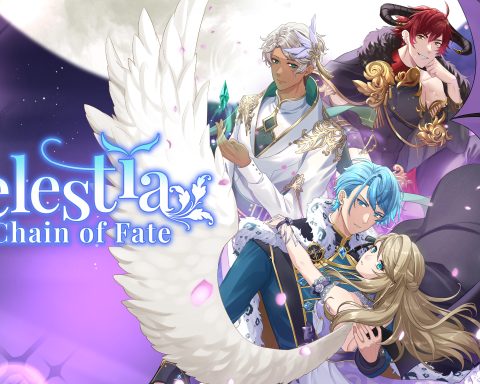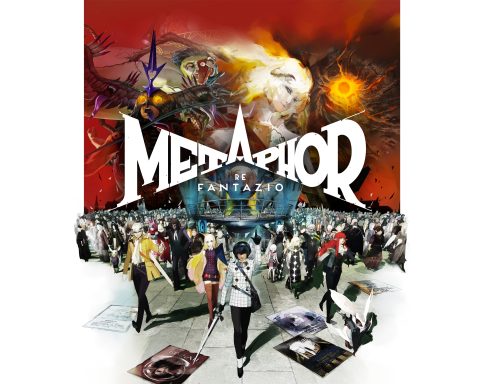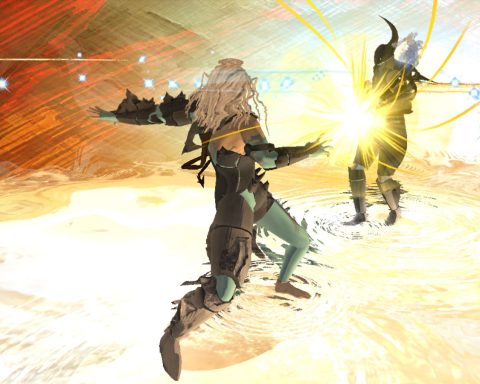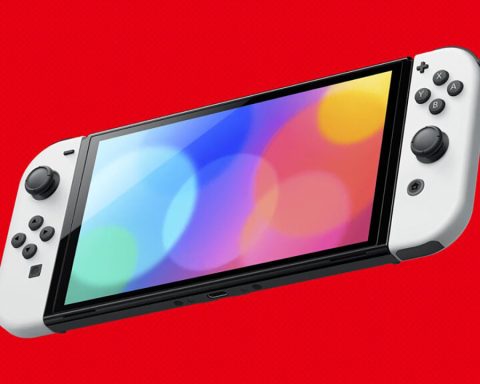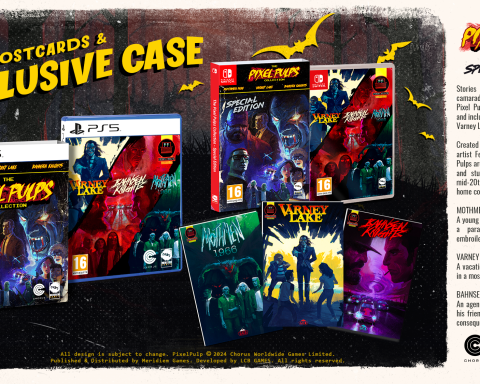In many ways, I prefer Judgment to Yakuza. This is by no means a slight directed towards my beloved Yakuza, but the mobster film tradition that that series taps into is just not as interesting to me as the noirish thriller that was Judgment. Now that the talented team at Ryu Ga Gatoku Studio have taken a second swing at the Judgment series, I now know for sure; the ability to execute a page-turning noir narrative was not a one-off fluke, and Lost Judgment is my favourite “Yakuza” of all.
It’s funny what belonging to a different narrative genre can do to change the complexion of a game. We get so used to defining games by their mechanical structure that we lose sight of how they are still storytelling outlets and the narrative matters every bit as much to the experience. Lost Judgment plays very much like the familiar Yakuza series, but, just like its predecessor, Lost Judgment is tonally and thematically very different. Yakuza, in paying homage to the yakuza film genre, is inherently self-aware and silly. It has its serious moments (and genuinely relatable characters), but just as the actors working in those films haven’t taken the genre seriously in decades, so too do the games lean heavily into the B-aesthetic. They’re delightful and engaging in doing that, but it is what they are.
Judgment’s not entirely serious (and the side quests and minigames remain as eclectic and oddball as ever), but Judgment’s core premise is certainly more earnest and sincere. Noir remains a flourishing narrative genre – particularly in Japan – because the relationship between humanity, morality, and criminality remains as compelling now as when Raymond Chandler was dreaming up Philip Marlowe a century ago. Yagami Takayuki, the protagonist of Lost Judgment, has more than a dash of Marlowe in him, as a highly-skilled and resourceful detective that just happens to find the law unnecessarily restrictive towards the outcome of justice. Played masterfully by the talented and enduring Kimura Takuya (one of Japan’s most successful male idols), Yagami holds the centre of Judgment with just as much gravitas as Yakuza’s Kiryu, though his weariness comes from a different kind of weight to what Kiryu dealt with.
Despite those subtle differences, we are meant to see parallels in Yagami and Kiryu, and it’s not just because they belong to the same gameplay genre. Ryu Ga Gatoku Studio very consciously wants us to see the life of organised crime and “legitimate” detective work to be two faces on the same coin, because that is very much a recurring theme through modern Japanese crime fiction. They play similarly, look similar, and the narrative arcs work in much the same way… so just what is the difference between a mob boss and the lawyers sworn to uphold the law? It just doesn’t get more noir than that question.
Much of Lost Judgment takes place in Yokohama – the same city that played a central role for the overarching series for the first time with Yakuza: Like a Dragon. Just like Kamurocho, the “home town” for the entire series, this Yokohama is a fictionalised one, but close enough to its real-world mirror that it’s going to be familiar to people that have spent time there. Real-life Yokohama is itself a heck of a playground, thanks to it having the largest Chinatown in the world, greater ethnic diversity than most of the rest of Japan, and a staggering array of cultural and tourism hotspots. I actually haven’t spent as much time in Yokohama as I would like, but Lost Judgment still has me homesick as this series always does, and I do love that between the last two games, the developers are trying to make Yokohama one of the series key locations, because there’s so much going for it.
However, if I was to have one issue with Lost Judgment it’s that it is getting far too close to being a content game and that’s the wrong direction to take the series. The map of Yokohama is far too large (with one of the most appealing things about the series previously being that the open worlds are smaller and feature less downtime as you move from activity to activity), and it’s starting to get filled with things to do simply for the sake of being busy. The way the Yakuza series was designed previously was that there were so many mini-games to enjoy if you wanted to, but could be simply ignored if not, and that was perfect for creating the sense of a breathing urban world to explore. I had no problem with indulging in some slot cars for downtime, or even managing hostess clubs. What I do have an issue with is souring through tweets just to “unlock” side missions, or having to skateboard all around town just to pick up the glowing coin-things that only pop up when you skate around. And I absolutely hate crafting systems in everything that’s not an Atelier JRPG by Gust. You’re constantly drowned in stupid little glowy that randomly pop in as you run around. You need to run over them to get resources for crafting, and the OCD side in me has me constantly making wide diversions just to pick up every one of these things that I spot, like a trail of breadcrumbs. Remember in the Yakuza titles, when the glowy pickups were fewer but gave you keys to lockers and meaningful rewards? I miss that.
Ignoring the pickups, though the minigames and other diversions are excellent. Whether you drop into an arcade for a quick game of Sonic the Fighters or House of the Dead, spend some time on the golf driving range or batting cages, or chill out with some Mahjong, Lost Judgment, as is always the case with the series, has a huge range of excellent minigames that simultaneously recreate the experience of being free in a vibrant city, and give you hours of diversions that are often more interesting than the main plot that you’re up to at that point. As for the series’ other beloved feature – the oddball sidequests that provide relief from the more serious tone in the main narrative… well, let’s just say that the very first one of those ends with you fighting a creepy dude that was developing a reputation for being a “spider man” thanks to the way he climbed walls to steal women’s panties. In my review of the previous Judgment, I did mention that I felt the humour of these side quests, as funny as they were, were at odds with the noir themes. I think the developer has done a better job of juggling those competing interests this time around, as subtle as the rebalancing has been to achieve that.
One final note on this, however: be aware that it takes a long time for Lost Judgment to start opening up. The main plot has the first couple of chapters focus on a large high school, and while it itself ends up being a playground filled with fun activities, they don’t really let you back out into the broader city until the plot itself starts to escalate. These school chapters are written well and there’s nothing to criticise there. It’s just worth mentioning that if this is your first Yakuza/Judgment game, hang in there, because once the game does leave the school to open up, that’s the point where you’ll be enjoying it in full flight.
I went from being unconvinced about a turn-based Yakuza JRPG with Like A Dragon to being fully in love with it about an hour after I started playing. Having now enjoyed that, I find going back to the action combat of Lost Judgment to be the game’s weakest set of mechanics. There’s nothing in there that breaks what the developers have previously achieved, with three complete fighting styles, each with their own complex skill trees and movesets. Plenty of people have loved this previously, and they’ll love it again here. I also really enjoyed the over-the-top violence of the many (many) contextual super moves that you can pull off. It’s just that I tend to be a turn-based player where possible, and Lost Judgment doesn’t have that. Thankfully, combat is less of a focal point than ever, and parkouring around town, tailing suspects, chasing down people and interrogating witnesses are all an equal part of the Lost Judgment mix. You’re still going to do a lot of fighting. It just feels like a balanced part of the overall mix rather than something you absolutely must enjoy to get anything out of the game.
Ultimately, though, as much as Lost Judgment throws all this gameplay at the players and the most expansive open world yet, it’s a game that wants to tell a gripping mystery, combining page-turning story beats and twists with a noirish reflection on the society that these events are playing out within. Lost Judgment’s themes can hit hard (and SEGA specifically asked that I provide the following resources to people who play this game and feel anxious about its depictions of bullying, suicide, and other triggering themes: Lifeline, Kids Helpline, Suicide Call Back Service), and they should – this is noir, and noir is not nice. Have you seen noir works like L.A. Confidential or Nightcrawler? The genre isn’t about pulling punches. But it’s also gripping, poignant stuff, and Lost Judgment’s core narrative is almost impossible to put down.
If you exclusively follow the main narrative then you’ll find that in Lost Judgment, Ryu Ga Gatoku Studio has delivered something every bit as compelling and interesting as anything Raymond Chandler ever wrote. The central crime story is a riveting and often uncomfortably poignant reflection on society (and also Japan’s legal system). If, on the other hand, you’re more interested in more Yakuza-style zany side-styles and a deep collection of highly playable mini-games, the Lost Judgment has you covered there, too. I can’t see how anyone could fail to love this game.
Matt S.
Editor-in-Chief
Find me on Twitter: @mattsainsb







